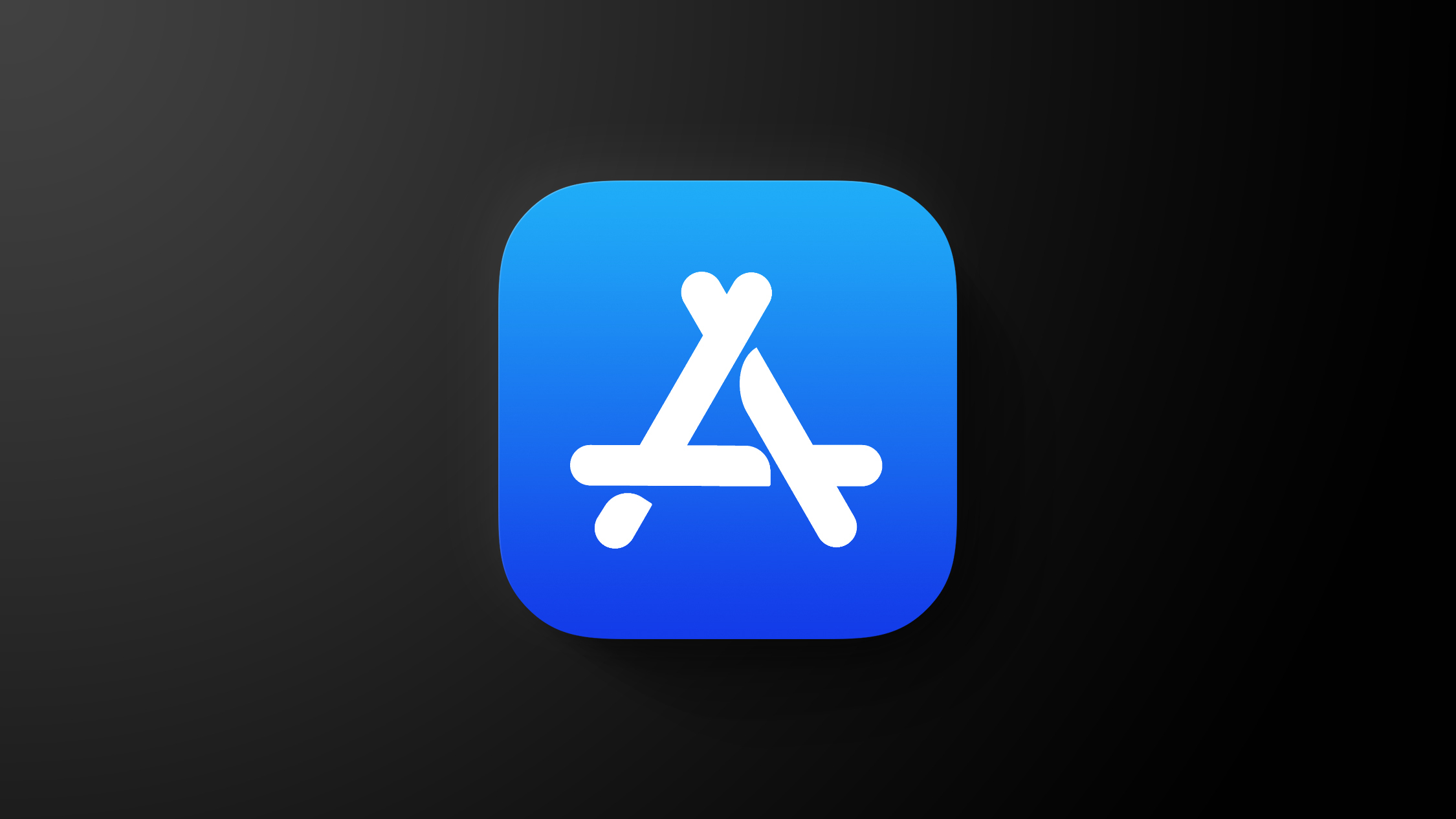The most recent ATP podcast talks a lot about the App Store and Apple’s relationship with developers. John Siracusa also wrote a blog post on some of the things Apple could do improve their relationship with developers. The gist is that Apple needs to do more to earn the 30% and being forced to compete would force them to improve their services. Siracusa says:
Why is Apple so afraid of having to compete here? Allow 3rd party app stores and payment options and then compete to make Apple’s offering one that developers want to use instead of one they’re forced to use.
Finally, remove all restrictions on third-party payment methods and app stores. Provide an even playing field (to the extent possible) for third-party replacements for Apple’s own store and payment systems. Freedom of choice is the best way—perhaps the only way—to ensure that developers are satisfied with Apple’s App Store commission, in-app purchase system, and app review process. Developers who don’t like it can go elsewhere. If Apple wants them back, it will have to compete for their business.
Why is Apple so afraid of having to compete here? Allow 3rd party app stores and payment options and then compete to make Apple’s offering one that developers want to use instead of one they’re forced to use.



